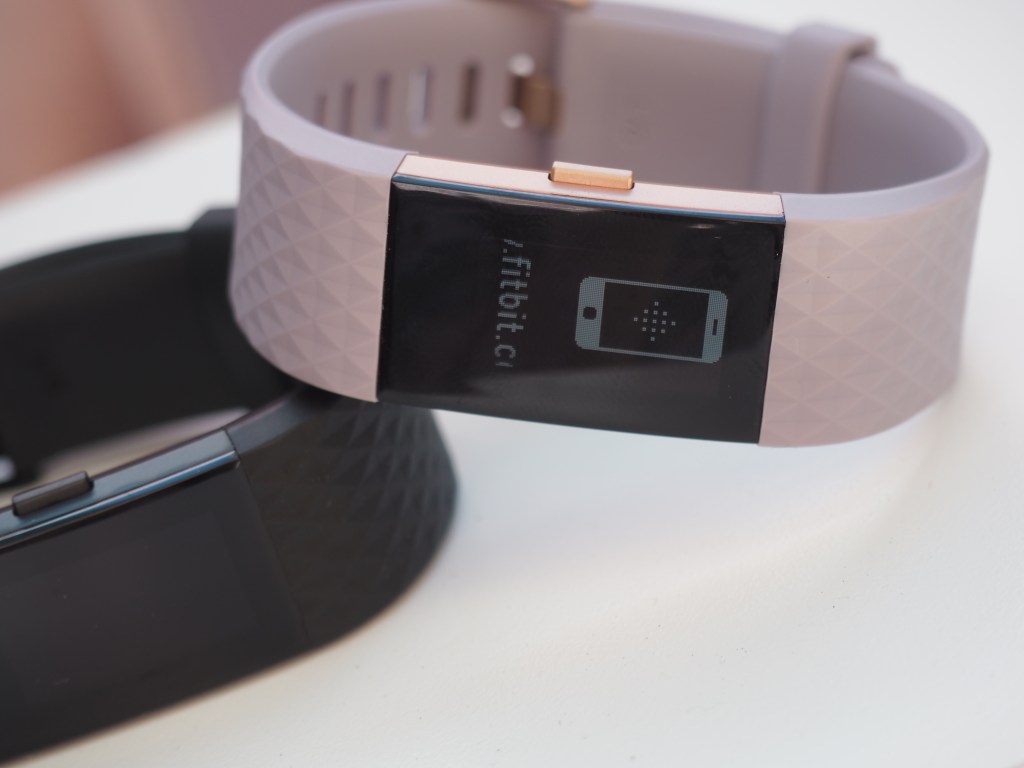Fitness tracker makers would have you believe that all that stands between you and the motivation to get up off your couch and get healthy is their shiny wearable device.
But a new study conducted by researchers in the UK suggests that, in some circumstances, fitness wearables can end up doing the opposite: becoming a de-motivating factor, after the initial novelty of wearing a tracker wears off.
Researchers at Brunel University London the University of Birmingham conducted an eight-week study to investigate whether fitness wearables could encourage young teenagers to take more exercise.
Their study focused on school pupils, aged 13 to 14, with participants split nearly equally between genders (44 girls and 40 boys), and recruited from two different schools in the north and south of the UK. The teenagers were asked to wear a Fitbit Charge wristband for eight weeks; to use the Fitbit app; and to take part in surveys and focus groups, before and after the trial period ended, responding to questions about how they felt about exercising and using the device.
The researchers had expected the wearable to have a positive impact on encouraging teens to exercise across a range of different forms of motivation, as well as hypothesizing it would help avoid kids feeling demotivated about physical activity.
However, while the researchers record an initial “novelty” bump in interest in physical activity among some participants “for the first few weeks”, the results of the full study were the opposite of encouraging — with participants overall reporting feeling less confident about their competence at exercising, and ultimately discouraged from doing so.
“It was consistently reported that after about 4 weeks pupils became bored with the Fitbit,” the researchers write. “This evidence suggests that though the Fitbit serves to promote physical activity, for the pupils in this study, the Fitbit may have only produced modest and short-term effects.”
Fitbit’s non-personalized 10,000 steps per day target, for example, was cited as an unfair and pressurizing goal by study participants — generating feelings of guilt or lack of ability among users, which in turn acted as a disincentive for taking more exercise.
Study participants also reported feeling like they had less choice over how to engage in physical activity — which also ended up being a demotivating factor.
While pressure from competition with peers, encouraged via in-app comparison in a social leaderboard scenario, also ultimately negatively impacted participants’ motivation to exercise.
“Data from this study demonstrated that though clear potential exists, healthy lifestyle technologies negatively impact young people’s motivation for physical activity,” the researchers write. “Competition, peer comparison and social comparison to normative predetermined targets result in only short-term motivational effects.”
In their paper they reference a framework of motivational behavior in youth physical activity, called self-determination theory, which proposes that individuals are optimally motivated if they are making changes fully of their own volition, and therefore internalizing the rational for doing so and satisfying core psychological needs; vs responding to feelings of “controlled motivation” — be it to avoid feelings of guilt or obtain social approval, or else gain a reward or avoid a punishment.
And while the researchers note that Fitbit’s wearable does include features that could, at least in theory, help support youngsters’ “basic psychological needs” to be self-motivated to exercise — citing features such as elements within the app that allow goal setting, give feedback on performance, and messaging features, for example — in practice the study found that Fitbit’s non-personalized goals ended up imposing overly exacting standards of social comparison on participants.
And that pressure over peer-group competition and standardized goals squeezed out any potential for the Fitbit to support more sustained motivation for individual youngsters.
“Our data suggests that peer-comparison was a key factor in undermining levels of competence and autonomous motivation. There wasn’t a desire for our participants to be more active for themselves and their own goals, or for fun, it was simply because they wanted to beat their mates,” said study author, Dr Charlotte Kerner, in a statement.
“Self-determined forms of motivation are much better in encouraging people to engage in a particular behaviour,” she added.
Despite the negative findings, the researchers suggest digital technologies could still play a useful role in encouraging exercise among young people — if they are coupled with support and guidance to help “educate young people in personalisation and interpreting data for individual goals and ability, rather than encouraging young people to compare themselves to others or a normative standard of achievement”.
They also emphasize the importance of autonomy in motivating young people to be more physically active.
“Young people need to see themselves as capable and confident, and the ‘origin’ of their behaviours rather than a ‘pawn’,” they add.
The study, entitled The Motivational Impact of Wearable Healthy Lifestyle Technologies: A Self-determination Perspective on Fitbits With Adolescents, is published in the American Journal of Health Education.
We reached out to Fitbit for comment on the study — we’ll update this story with any response. Update: The company declined to provide a statement but a spokeswoman suggested that as the study did not assess actual physical activity levels it’s not possible to draw conclusions about actual impact on physical activity.
She further noted that Fitbit users can customize all their health and fitness goals, including the 10,000 steps goal — although the wider point there is that having a default goal creates an expectation and risks setting up a de facto standard across a social group, regardless of whether individuals can customize their own goals.































Comment